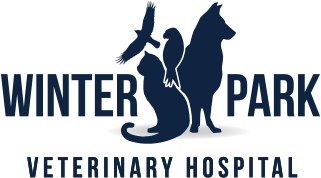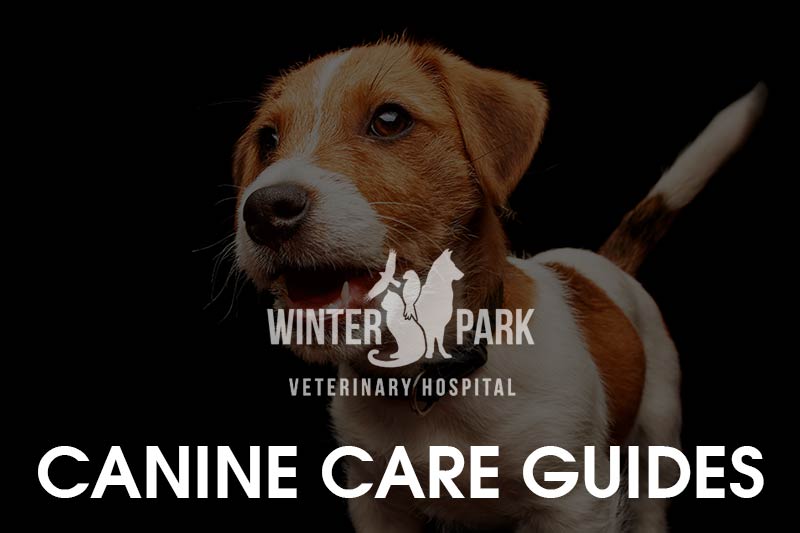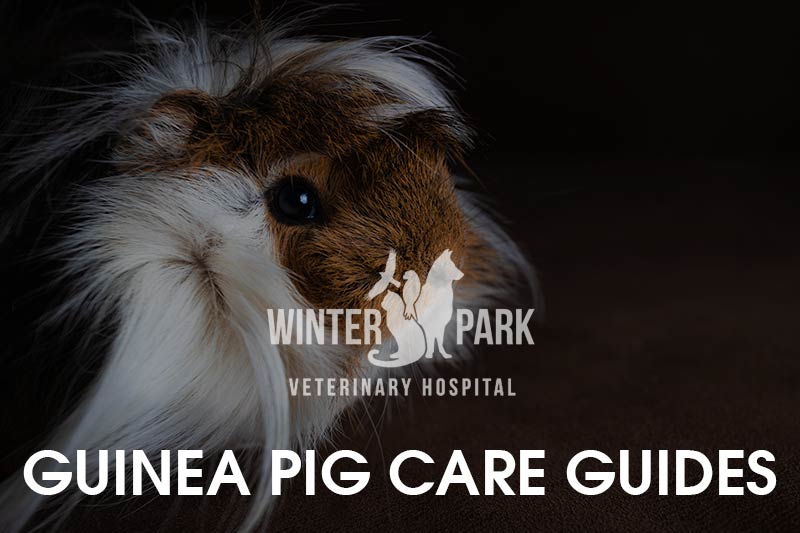How to Puppy and Kitten Proof Your House
Download this Pet Care Guide – PDF
Kittens and puppies are inquisitive by nature; exploring your house is a normal activity. Unfortunately, puppies and kittens lack the wisdom to know the difference between harmful objects and safe toys…until they get hurt. Here are a few tips for keeping your new arrival safe:
That’s Shocking – Young animals love to chew when they’re teething or for enjoyment. Keep electrical wires out of reach or block access to them (place barriers to keep little pets from crawling behind stereo/TV/ computer equipment; use wire ties to bundle wires and lift them off the floor). Sometimes the only way to prevent injury is to unplug appliances when not in use.
I’d Die For Some Chocolate – Chocolate contains the powerful stimulant theobromine. Theobromine causes nervousness in small doses, twitching, shaking, and diarrhea in larger doses. Chocolate is not a pet food! Holidays are often marred by the accidental poisoning of young pets when they get into candy bowls, or are over-treated by family and friends.
No Bones About It – Bones from turkey, chicken and ribs splinter easily and can lead to an upset gut (diarrhea, vomiting) or much worse (puncture of the intestinal wall, blockage of the gut, serious internal infection). Soup bones and the like cause injury to the mouth and teeth. Dogs and cats do not require bones in their diets – just feed a balanced, veterinary recommended food. Be careful about raids on the garbage; keep trash in tightly closed containers away from your pet.
Locked Away – Keep household cleaners safely locked away in cabinets. Garages are also places of hazard: gasoline, paint, thinners, refinishing products, even old rags soaked with any of the above can cause serious illness or death when ingested. Antifreeze is a very deadly chemical: keep it in closed containers and clean up spills immediately. Pets are attracted to its sweet odor and taste – even a little can harm a small mammal.
Killer House Plants – Many plant bulbs, philodendron, dieffenbachia, elephant ear, eucalyptus, spider plants, azalea, most ivy, amaryllis, oleander, boxwood, Jerusalem cherry, and many types of dried, arranged plants are poisonous or cause serious upset to the gut. In Florida, we love houseplants and bringing nature indoors. Use caution when mixing little pets with plants.
Keep Off The Grass – Lawn care chemicals make our lawns healthy…and sicken our pets. Keep pets odd lawns just sprayed with fertilizer, or insecticides. Some pest control/fertilizer combination products for flowers are lethal to pets. Chemicals used around bedding plants will soak into, and stay in mulch and topsoil. Ingestion of mulch/soil even weeks after use of chemicals can be harmful.
Growth Spurt – Puppies and kittens grow rapidly: collars and harnesses may become tight can and cause injury. Check them often.
Bathroom Blues – Cosmetics and medications are another danger area. Most cosmetics are non-toxic but can cause gastric upset (nail polish and removers are toxic when ingested). Bathroom cleaners are best kept in cabinets (soap is a particularly attractive food item to roaming youngsters – with shampoo a close second). Prescription medications may make us feel better, but those same medications can be lethal to little pets. (Tylenol, Advil, and other non-aspirin analgesics are sure death to our pets.) Oh yeah, keep the toilet lid down: small kittens can fall in and drown.








